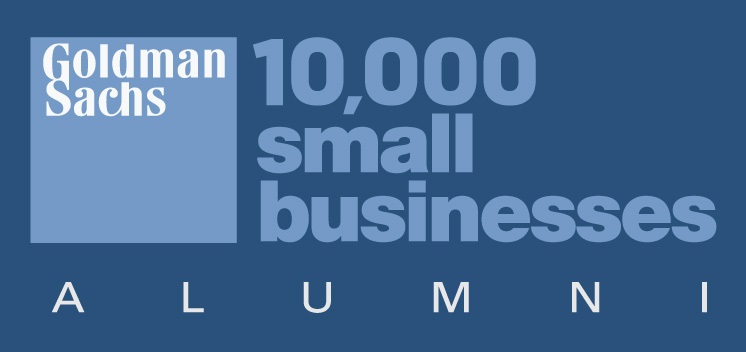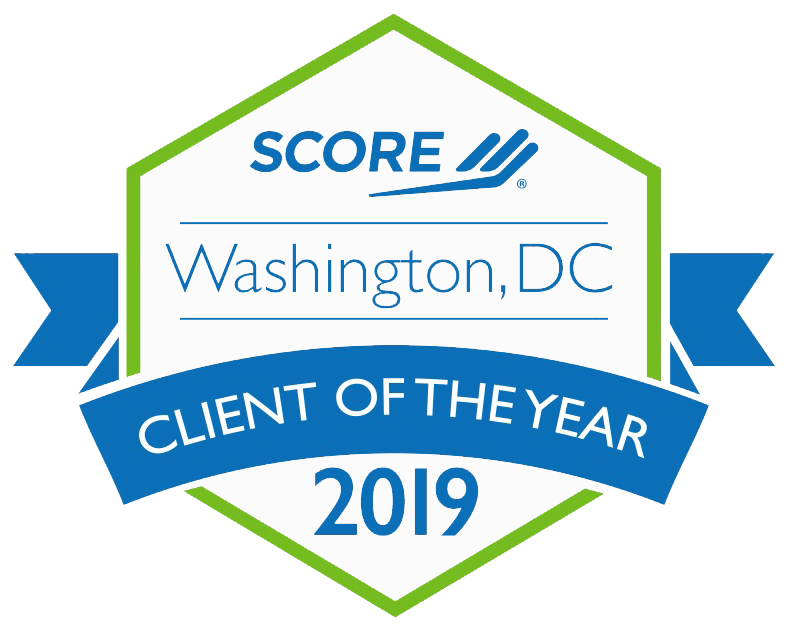Whoever Talks Money First, Loses
There are many classic sayings in the fundraising world. One of the first I ever heard has remained a favorite over the years. It goes like this: “Whoever talks money first, loses.”
Of course, everyone knows where the dollars are. Whether it’s a community foundation or a high net worth individual, there is little surprise about why you’re making contact.
Still, the purpose of walking through the door isn’t to ask for support outright. The savviest fund-seekers present a mission and scope, a record of good stewardship, strategic approaches, and value propositions that compel a potential donor to ask: “Where’s my checkbook?”
If you’re looking to help things along, here are some suggestions to transition from preliminary talks to funding:
• “I’m glad we had the opportunity to meet. I would love to explore ways we might be able to help serve the needs of your target population, plus identify more efficient and effective solutions.”
• “I appreciate Bob’s introduction. I’m interested to learn more about the concerns driving the foundation’s efforts. Maybe we can address these challenges together. We can talk about what our next steps might be.”
• “Even though many funders target the same priorities, their strategies to drive positive change can differ. We’ve specialized in practical but forward-thinking solutions across our service spectrum. And I’d like to use this meeting to understand your approach so we can tailor our recommendations for a potential partnership.”
If your prospect seems genuinely interested in taking the conversation further, go with the flow. But remember that time is limited (after all, time is money!), so you’ll want to switch to a clear path forward as soon as it makes sense.
When it comes to fundraising, donors are the true deal-makers. You’re simply facilitating the process to help them arrive at the best solutions for the impact they want to make.
KJ Lucas Matos, MA
Chief Operating Officer
RBW Strategy, LLC





